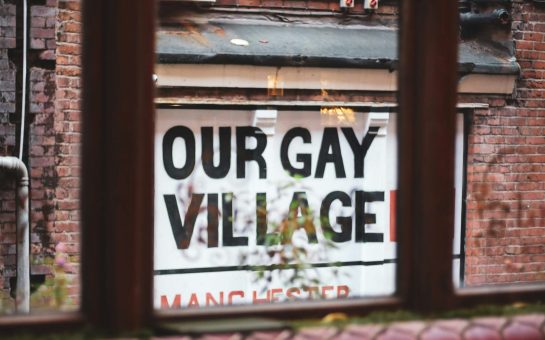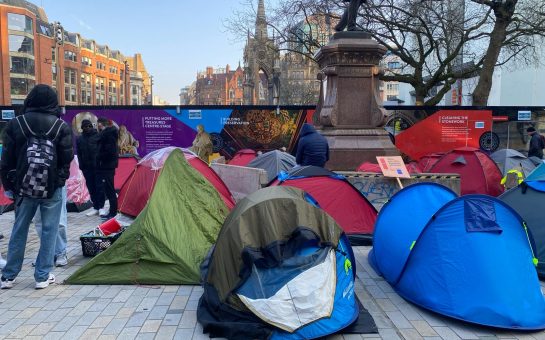An ageing planet means inceasing susceptibility to skin diseases, forcing leading health experts to discuss how to take action on a worrying trend at a Manchester health summit yesterday.
Within a decade people aged over 60 will outnumber children aged 14 and under – the UN calculate there will be one billion 60+ people by 2020 – and as people age their skin becomes weaker and more susceptible to infections.
More than 20 medical, academic, non-profit, government and business leaders convened for the first time on Monday at the ‘Manchester Summit: A Life Course of Active Ageing and Healthy Skin’.
“We cannot continue to operate within systems created for 20th-century demographics,” said Michael Hodin, executive director of the Global Coalition on Aging.
“We need a new approach that focuses on prevention and care across the life course to drive efficiencies in healthcare costs and contribute to a more fiscally sustainable economy.”
Professor Chris Griffiths, Foundation Professor of Dermatology at The University of Manchester and board member of the International League of Dermatological Societies, reiterated just how important skin health is in these changing times.
“Our skin is the first line of defence against illness and the hazards of the environment. As we age, skin becomes frailer, making it weaker, dryer, thinner and more susceptible to irritation, infection and with poor wound healing,” he said.
“This vulnerability has implications on individuals, communities and health systems.”
Skin diseases and the risks associated with them like falls and hospital re-admissions rise with age, while symptoms of diabetes can lead to diabetic foot infection and poor balance.
Research also shows one in every three cancers diagnosed is skin cancer, and 82 percent of non-melanoma skin cancer cases occur in people over 60.
The elderly in the northwest need not worry as they are in good hands, assured Paul McGarry, senior strategy manager of Age-friendly Manchester for Manchester City Council.
“Manchester has long been committed to enabling our older citizens to stay healthy, mobile and active in society through our participation in the World Health Organisation’s global network of age-friendly cities and communities,” said Mr McGarry.
“Maintaining healthy skin across the life course must be made a priority on the global heath and ageing agenda,” added Humberto C. Antunes, president and CEO of Galderma, the summit’s supporting partner.
Main image courtesy of Ron aka Blue Aldaman, with thanks.



